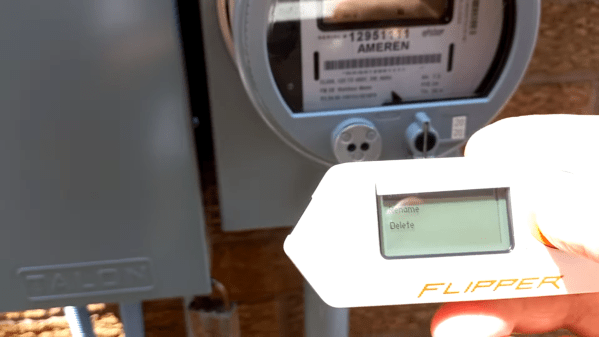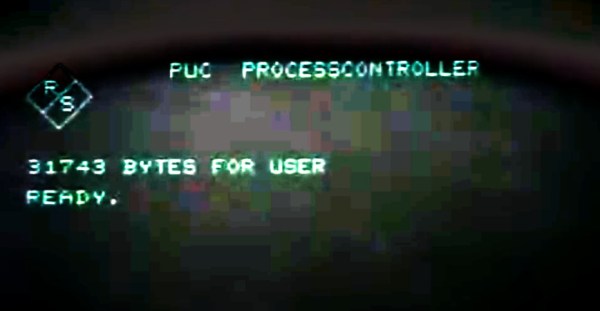Alright, we’re calling it — we need a pejorative equivalent to “script kiddie” to describe someone using a Flipper Zero for annoyingly malign purposes. If you need an example, check out the apparent smart meter snuff video below.
The video was posted by [Peter Fairlie], who we assume is the operator of the Flipper Zero pictured. The hapless target smart meter is repeatedly switched on and off with the Flipper — some smart meters have contactors built in so that service can be disconnected remotely for non-payment or in emergencies — which rapidly starts and stops a nearby AC compressor. Eventually, the meter releases a puff of Magic Smoke, filling its transparent enclosure and obscuring the display. The Flipper’s operator mutters a few expletives at the results, but continues turning the meter on and off even more rapidly before eventually running away from the scene of the crime.
We qualify this as “apparent” because the minute we saw this over on RTL-SDR.com, we reached out to reverse engineer par excellence and smart meter aficionado [Hash] for an opinion. Spoiler alert: [Hash] thinks it’s an elaborate hoax; the debunking starts at the 4:32 mark in the second video below. The most damning evidence is that the model of smart meter shown in the video doesn’t even have a disconnect, so whatever [Peter] is controlling with the Flipper, it ain’t the meter. Also, [Hash] figured out where [Peter] lives — he doxxed himself in a previous video — and not only does the meter shown in the video not belong to the Canadian power company serving the house, StreetView shows that there’s a second meter, suggesting that this meter may have been set up specifically for the lulz.
It should go without saying that Hackaday is about as supportive of hardware experimentation as an organization can be. But there have to be some boundaries, and even if this particular video turns out to be a hoax, it clearly steps over the line. Stuff like this paints a poor picture of what hardware hacking is all about, and leads to unintended consequences that make it harder for all of us to get the tools we need.
Continue reading “Flipper Zero “Smoking” A Smart Meter Is A Bad Look For Hardware Hackers”












